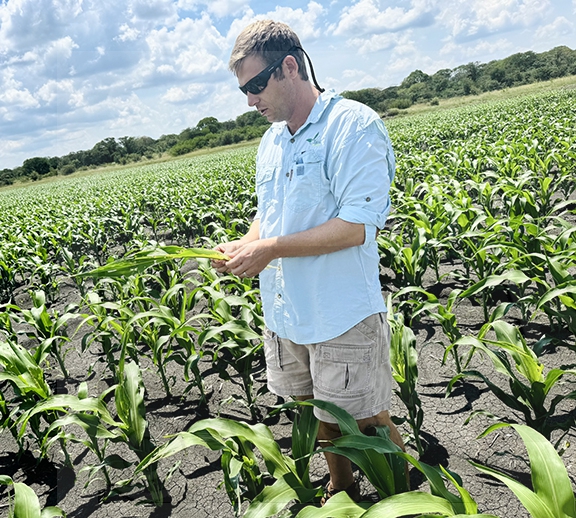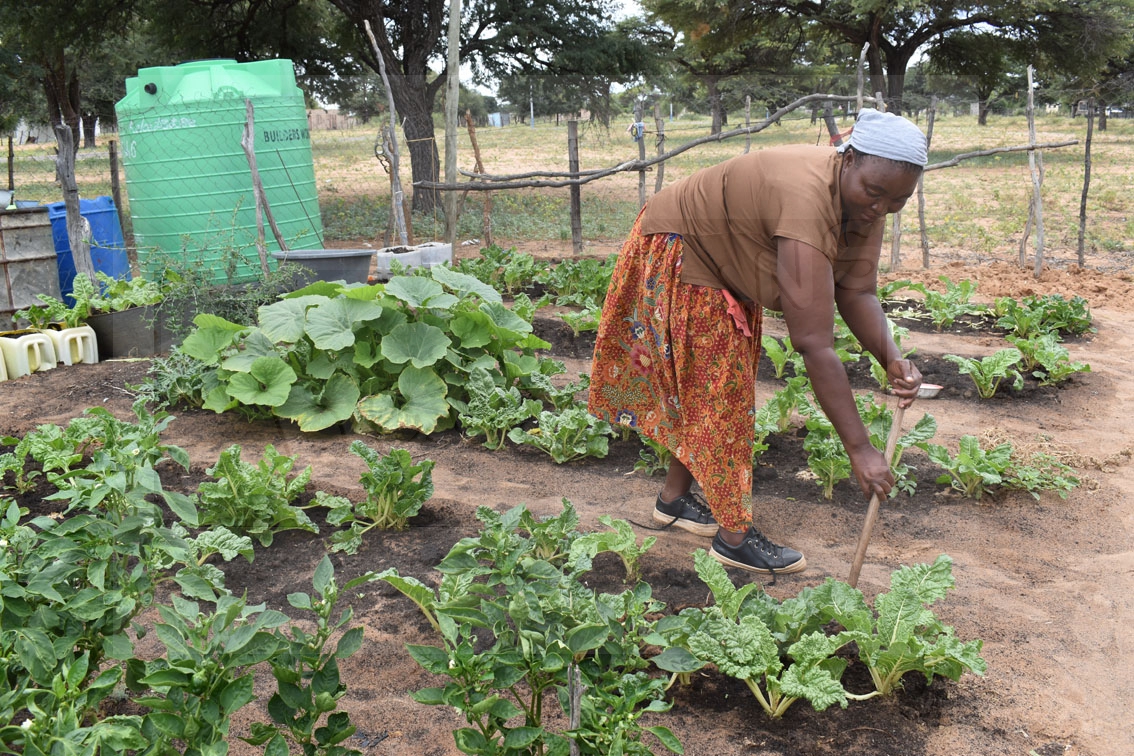Safety management of hydrocarbons key
02 Oct 2024
Safety management of hydrocarbons is critical, not just for operational efficiency but for the protection of the environment and the health of communities, says Kwanokeng Oil commercial manager, Dr Obonetse Fulu.
Apprising tourism operators on the impact of hydrocarbons in rural tourism during the tourism expo held in Maun recently, Dr Fulu cautioned against improper handling, storage or disposal of hydrocarbons saying that could introduce harmful pollutants into the delicate ecosystems.
Spills and leaks, he said, could seep into the soil and water, affecting not only wildlife, but also the livelihoods of the people who rely on the natural resources.
He said the products could easily contaminate both surface and underground water making it very dangerous for human and animal consumption.
Hydrocarbons safety management, he said, was more than just preventing mechanical failures but about safeguarding the health of workers, protecting the environment, and supporting communities depending on tourism for their livelihood.
“When we think of rural tourism, we think of pristine landscapes, unspoiled by industrialization, places where nature thrives.
Kwanokeng plays a pivotal role in facilitating tourism in this area, and our interest is not just to make money out of it, but we have a responsibility to ensure that the product that we supply is efficiently and safely used, and we must have this type of conversation more often,” added Dr Fulu.
He said hydrocarbons were vital in the smooth functioning of many industries, and tourism was no exception citing that whether it’s vehicles transporting tourists, equipment used in wilderness services, or generators powering remote lodges, the products kept everything running.
While he appreciated the importance of hydrocarbons, he said the safety of individuals involved in tourism whether local communities, the guides, drivers, and the tourists should never be compromised.
Mishandling hydrocarbons, he said, could lead to health risks, including skin irritation and respiratory problems in both humans and animals.
As such he urged operators to adopt stringent practices to store them correctly disposing them in environmentally friendly procedures.
Dr Fulu said proper training on hydrocarbon safety, providing appropriate protective equipment, and ensuring regular maintenance of machinery contributed to a safer environment.
“This is not just a matter of following regulations but also demonstration of respect for the people who help sustain rural tourism industries.
So sustainable tourism demands that we prioritise environmental safety.
Let us remember, by reducing wastage, and managing waste disposal responsibly, we can help reduce our carbon footprint,” he stressed.
Further, he said the course of environmental protection was not a one-man show, but was essential to involve communities in the areas through sustainable practices.
He emphasised practices such as training local workers in proper handling and proper disposal of hydrocarbons which will empower workers to be stewards of their environment.
By integrating these principles into the operations of rural tourism, Dr Fulu said they were not only promoting sustainability, but ensuring beautiful and culturally rich areas remain destinations for generations to come. Ends
Source : BOPA
Author : Esther Mmolai
Location : Maun
Event : Tourism expo
Date : 02 Oct 2024






